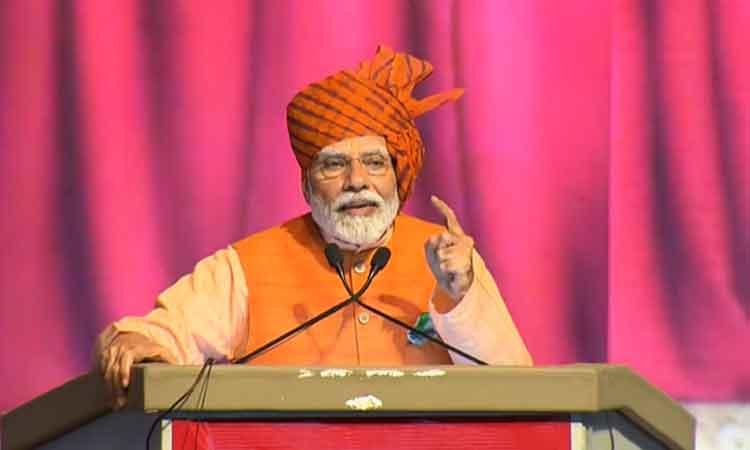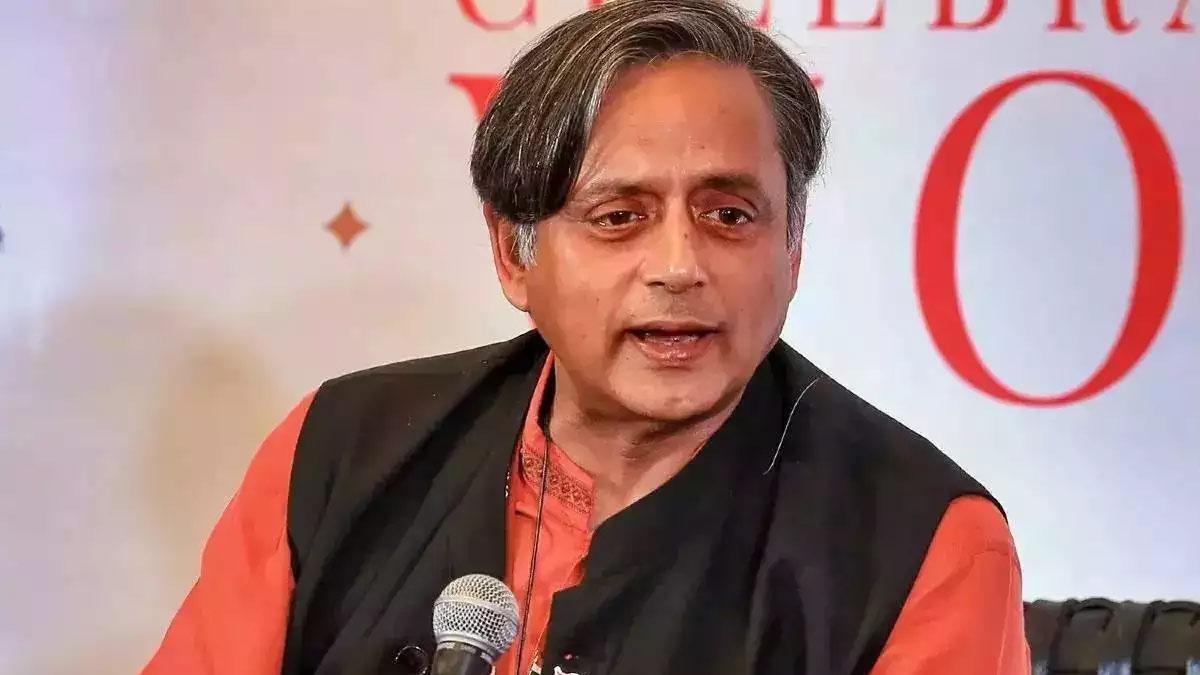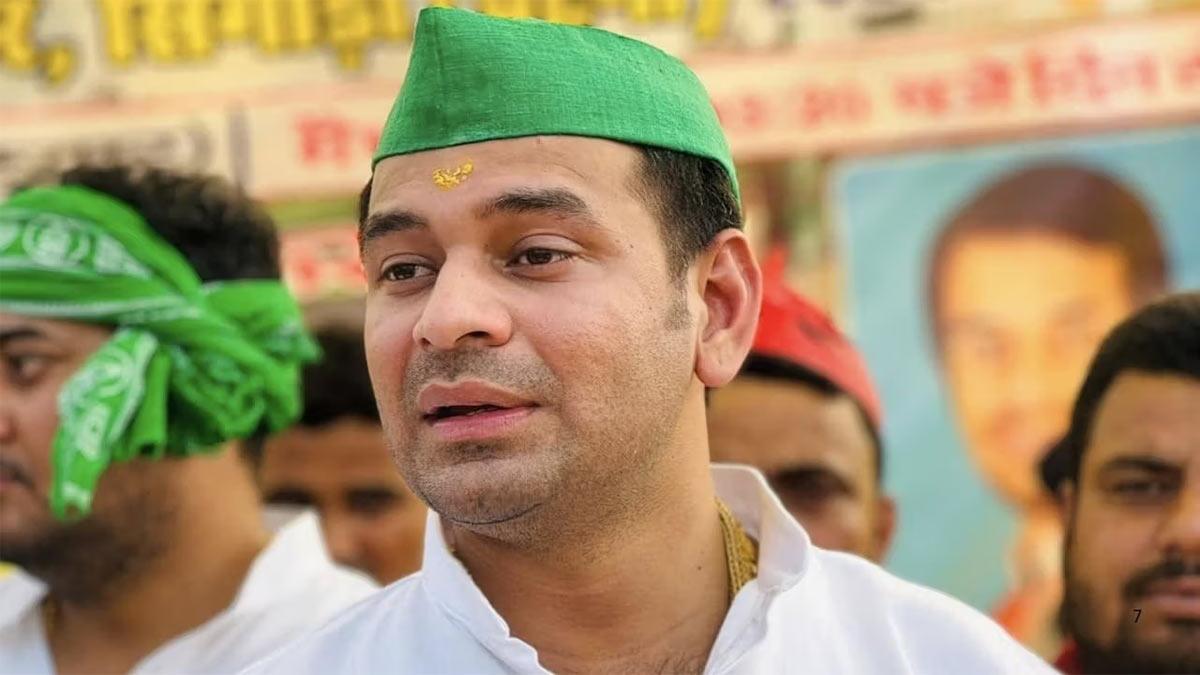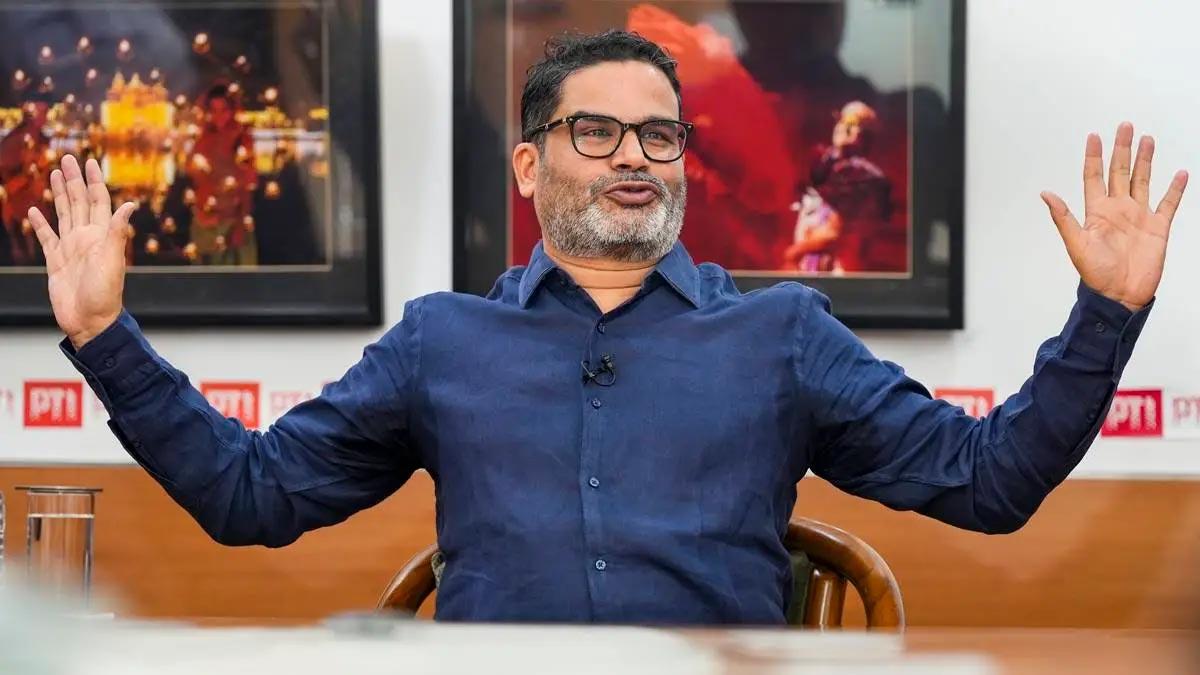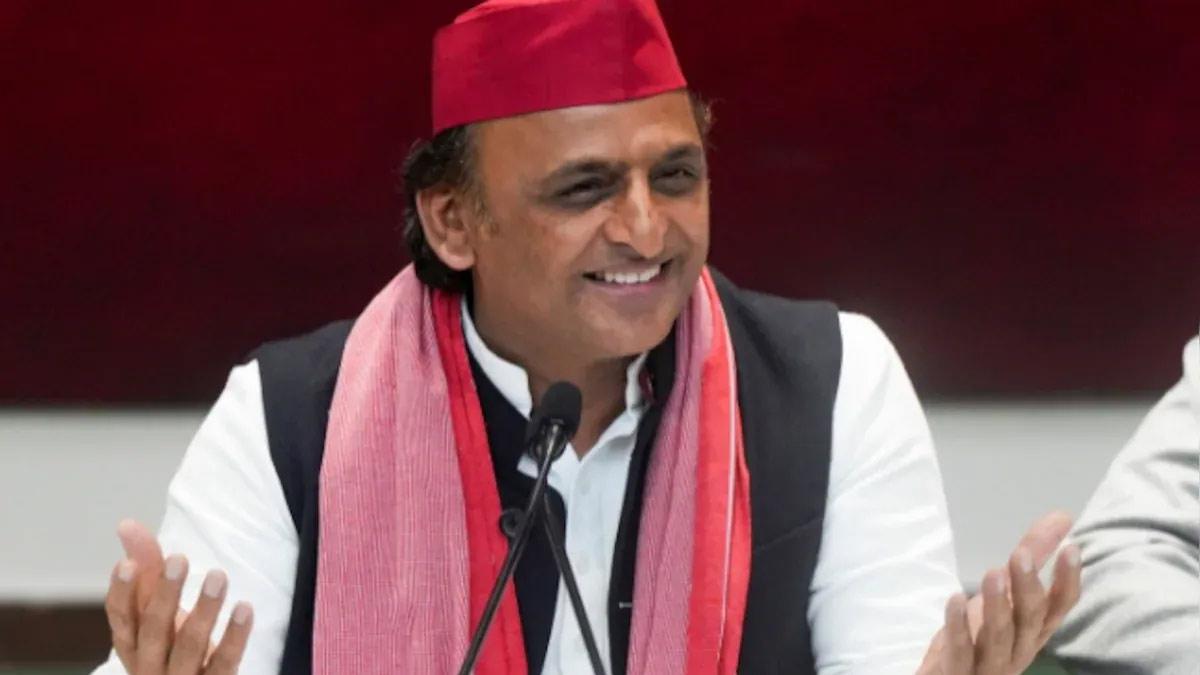Prime Minister Narendra Modi on Tuesday urged the nation to unite against divisive forces that exploit casteism and regionalism. Speaking at a grand Dussehra event in New Delhi, he emphasized that the festival's significance extends beyond the symbolic burning of Ravana's effigies and Lord Ram's victory over evil. Dussehra, according to Modi, should symbolize the triumph of patriotism over all forms of malevolence in the country.
In a veiled reference to opposition parties, the Prime Minister criticized those accused of using caste and regional divisions for political gain. He stressed the need to eradicate social injustices and discrimination while advocating the incineration of all elements disrupting social harmony.
"We need to ensure that the burning of Ravana isn’t merely the burning of an effigy. It should be the burning of every evil that destroys peace in society. It should be burning of all those forces that divide society on the basis of caste and region," he said.
Modi acknowledged the ongoing 10-day Durga Puja festival, intertwined with Ramlila celebrations, and highlighted the construction of a grand temple dedicated to Lord Ram in Ayodhya. He expressed gratitude that after centuries of anticipation, the temple is nearing completion, marking the victory of patience. He optimistically proclaimed, "Bhagawan Shri Ram bas aane hi wale hain" (Lord Ram's arrival is imminent) and anticipated that prayers at the temple during the next Ramnavmi would bring happiness to the entire world.
Amid these auspicious developments, including India's successful lunar mission, the inauguration of a new Parliament building, and the enactment of the women's reservation law, Modi noted that India is emerging as the world's largest and most trusted democracy.
Linking these auspicious events to Lord Ram's impending arrival, he asserted that India's fortunes would rise after 75 years of independence. Modi also called upon citizens to make ten pledges, including assisting at least one underprivileged family in improving their socio-economic status, as he believed that the country's development hinges on the upliftment of every citizen.
He reiterated that until every citizen has access to basic necessities, India cannot consider itself developed. These pledges also encompassed conserving water, promoting digital transactions, maintaining cleanliness, advocating for local products, prioritizing quality work, boosting domestic tourism, supporting natural farming, endorsing millet consumption, and encouraging fitness.
"As long as there is even a single poor person in the country who does not have basic facilities, we will not rest," he said.
Vijayadashami, the Prime Minister emphasized, signifies the triumph of justice over injustice, humility over arrogance, and patience over anger. He regarded it as a day to reaffirm commitments and referenced the tradition of "shastra pooja," the worshipping of weapons, asserting that in India, weapons are meant for defense rather than aggression.
Modi concluded by highlighting the timeless and contemporary aspects of Indian philosophy, emphasizing the importance of both Lord Ram's "maryada" (code of conduct) and the nation's ability to safeguard its borders. As India continues to make strides in various domains, the nation's destiny appears to be on an upward trajectory, according to the Prime Minister.
Also read | PM Modi to address election rally in Mizoram on Oct 30

